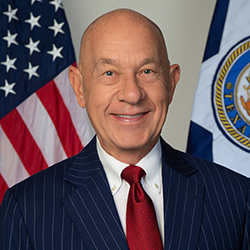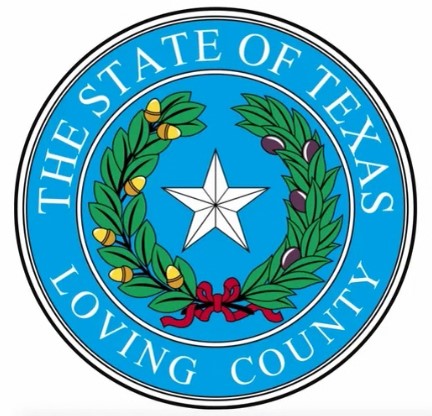I can think of one thing they should do.
As part of the spending deal to end the government shutdown, federal lawmakers approved a provision cracking down on hemp products containing THC, restoring a ban Texas Republicans sought to impose earlier this year.
The funding package, passed by the U.S. House and signed into law by President Donald Trump on Wednesday, includes language banning the sale of hemp-derived products with more than 0.4 milligrams of tetrahydrocannabinol, or THC, the psychoactive element in marijuana. The measure would criminalize almost all consumable hemp products nationwide.
The provision was added at the last minute to a bill that provides yearlong funding for the Department of Agriculture. It closes what proponents of the ban call a “loophole” from the 2018 farm bill that allowed the hemp industry to take off without federal regulations. Unless Congress reverses course, the ban is set to start a year after the legislation goes into effect. Opponents of the provision warn it will effectively shut down Texas’ $8 billion hemp industry and the thousands of jobs associated with the sale of consumable THC products.
In the lead-up to the vote that sent the funding deal to President Donald Trump’s desk, Republicans in Texas’ congressional delegation were divided over the hemp ban. Sen. John Cornyn supported the provision, voting against an amendment that proposed to strip the hemp language, while Sen. Ted Cruz was one of two Republicans who voted for the amendment, arguing that hemp and marijuana should be regulated at the state level rather than through a “one-size-fits-all federal standard.”
The House did not take a one-off vote on the hemp ban, but some Texas Republicans weighed in against the idea, despite voting for the overall funding package. Rep. Dan Crenshaw, R-Houston, said he believes a ban should be decided by individual states.
“That wasn’t going to make me vote against this and keep the government shut down,” he said. “We’ll leave that issue for another day.”
Rep. Troy Nehls, R-Richmond, agreed that he would prefer the hemp ban was not part of the funding deal, but said reopening the government was more important.
Other Republicans, including Rep. Keith Self, R-McKinney, and Rep. Pete Sessions, R-Waco, praised the bill for closing the loophole.
Sessions, a vocal proponent of the hemp ban, said the bill would close a loophole “that allowed intoxicating and dangerous high-potency THC products like Delta-8 to flood our communities.”
[…]
The federal crackdown on hemp products is a letdown for advocates in Texas who spent months fighting to defeat the proposed statewide ban.
Heather Fazio, the director of the Texas Cannabis Policy Center, said it was disappointing that the issue was rearing its head again in Congress on the heels of the “long, drug out fight for freedom” against the state-level ban.
The federal ban will hurt entrepreneurs and consumers in the state who have come to rely on hemp products, Fazio said.
“Banning it and sending us back into an era of prohibition is going to cause far more harm than good,” she said. “The U.S. should regulate rather than prohibit hemp products.”
Opponents of the ban emphasize that millions of Americans have relied on these hemp-derived products since they were legalized by Congress in 2018.
“Hemp is too vital to the American economy and to the livelihoods of millions to be dismantled by rushed, politically driven legislation,” the Texas Hemp Business Council said in a statement Tuesday. “As we proved in Texas, we will continue to pursue every legal and legislative option to overturn these harmful provisions and restore a fair, science-based system that continues to protect minors, ensure product safety and preserve the economic opportunities Congress created in 2018.”
See here for the background. The ban doesn’t take effect for a year, so as noted there’s time to try to pass another bill to reverse it. But that would mean convincing the same Congress that just agreed to the ban to overturn the work they just did. (Yes, I know, there are shutdown nuances to all this, but still.) That seems like a difficult task.
You know what might be easier? Convincing the next Congress to throw out the ban, especially if that next Congress has more hemp supporters. That means supporting candidates against those who supported the ban, and that will mostly mean supporting Democrats. Not entirely – yes, I know, Ted Cruz opposed the ban, Dan Crenshaw gets partial credit, and our old pal Henry Cuellar voted for the bill in its final form – but mostly. Keith Self would be a good target under either Congressional map, and then of course there’s Big John Cornyn or whichever of the slavering opponents he’s drawn in his primary if they take him down. The hemp industry has a chance here to be less stupid than the casino industry (very much not a high bar to clear) by electing more supporters and un-electing more opponents, instead of throwing even more money at an ever-expanding and always useless army of lobbyists. You can do it, hemp industry! Support candidates who will support you! It’s so crazy it just might work! The Chron and The Barbed Wire have more.













